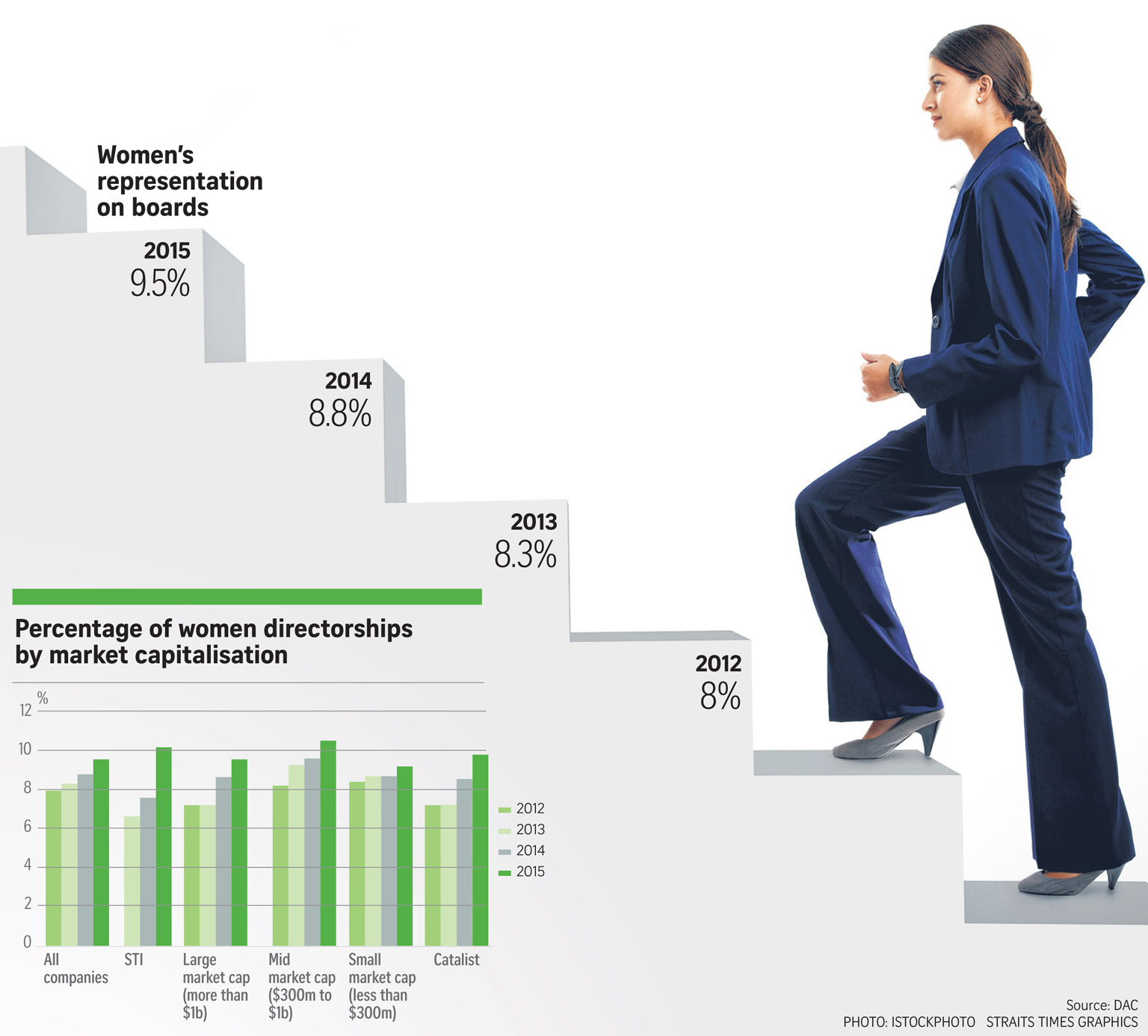For the purpose of contributing to improvements in board effectiveness, Deloitte Touche Tohmatsu LLC conducted the survey “Board Practices in Japan 2016”, and invite listed companies to use the results as a benchmark to analyze and evaluate board effectiveness.








